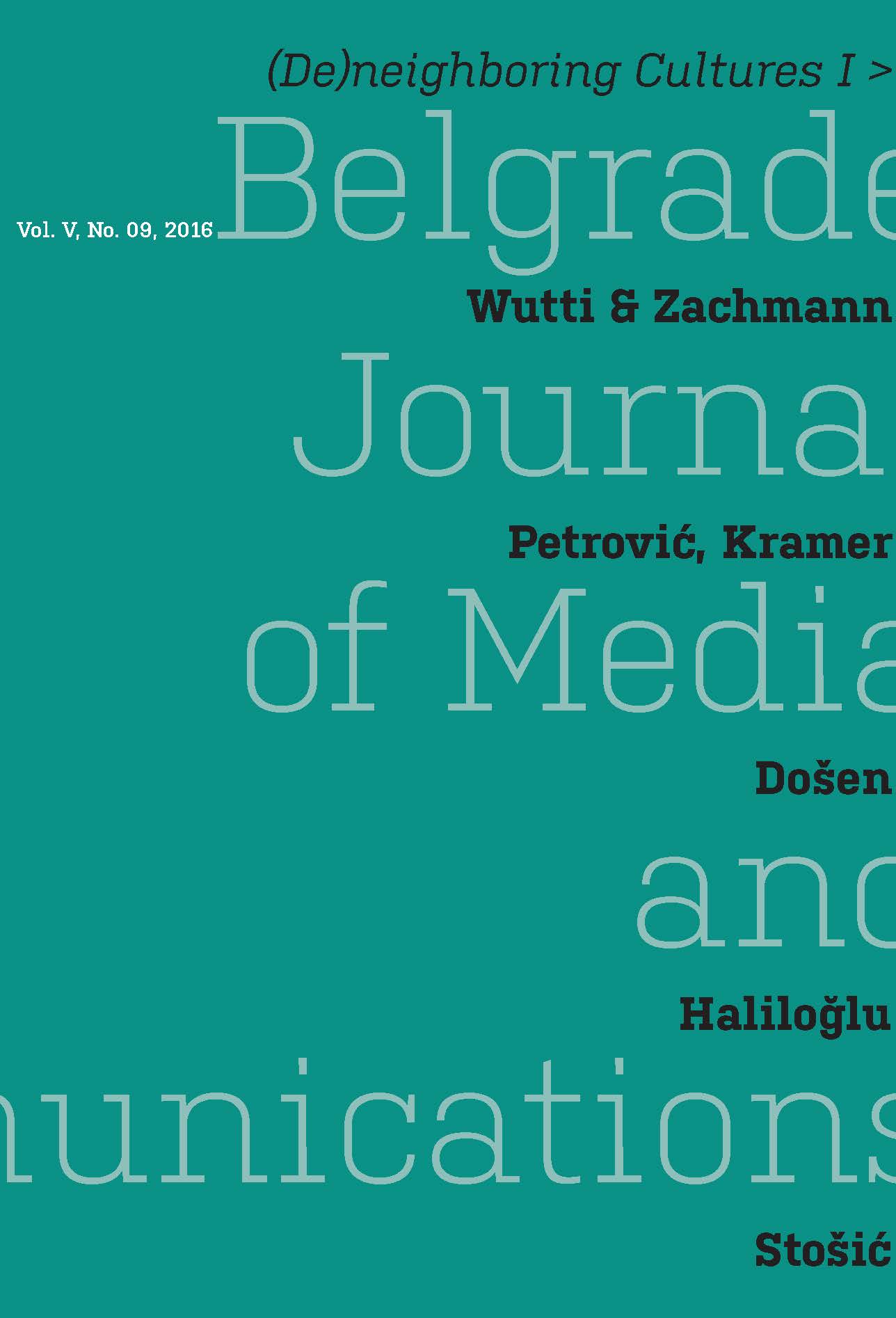The Mediterranean Spectre in Michel Houellebecq’s The
Possibility of an Island and Submission
The Mediterranean Spectre in Michel Houellebecq’s The
Possibility of an Island and Submission
Author(s): Nagihan HaliloğluSubject(s): Language and Literature Studies, French Literature
Published by: Fakultet za medije i komunikacije - Univerzitet Singidunum
Keywords: Mediterranean; Occident; Michel Houellebecq; multiculturalism; apocalypse; aging
Summary/Abstract: This paper explores the meanings that the Mediterranean,the sea and the region, takes on in Michel Houellebecq’s novels ThePossibility of an Island (La Possibilité d’Une Ile) and Submission(Soumission). I argue that Houellebecq’s narrators have a complex relationshipof dependency and disgust concerning the Mediterranean.This attitude stems from the fact that the narrators are often at a loss asto France’s own relationship with the sea and the region. Houellebecqtraces the genealogy of the Empire in the Mediterranean to the Romansand the Greeks and also imagines its future. These projections of theEmpire into the past and the future become an ersatz way of speakingof France’s own colonial past and present. The spectre of the Mediterraneanin the French imagination is thus the spectre of the Empire andit is encapsulated in the narrator’s identification of France with his ownaging body, and how it is perceived. Both novels suggest a ritual of renewalfor the aging white male body, and the new man that will be ableto inhabit both France and the Mediterranean differently.
Journal: Belgrade Journal of Media and Communications
- Issue Year: 5/2016
- Issue No: 09
- Page Range: 63-72
- Page Count: 10
- Language: English

